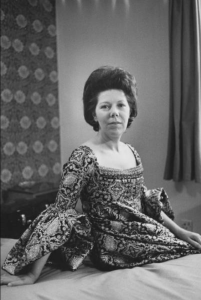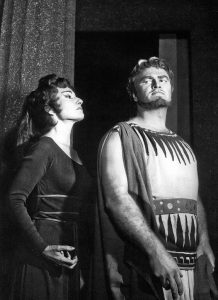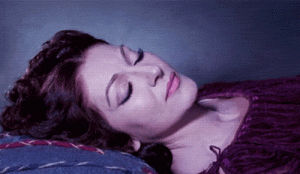Podcast: Play in new window | Download (Duration: 1:58:48 — 129.1MB) | Embed
Subscribe: Spotify | TuneIn | RSS | More
January 9 is already the second anniversary of the death of the iconoclastic (and iconic) Maria Ewing, who died of cancer in her home outside of her native Detroit on January 9, 2022. She was an artist both admired and derided during her lifetime, whose importance since her death has only become more apparent. It so happens that two of my most faithful listeners, Janet Williams and Paul Padillo, chose the episode that I published in her honor as their favorite episode. Paul is a passionate opera advocate who maintains a blog as well as a Facebook page in which he writes with extraordinary eloquence about the musical genre we all adore. Janet is celebrated throughout the world as one of the finest singers of her generation who has gone on to become one of the most important voice teachers in the world today, teaching, with compassion and common sense, a technique grounded in the essentials of bel canto. Their spoken introductions to the episode highlight different aspects of what made Ewing so special. For Paul, he became a lifelong fan after hearing her performance of Blanche de la Force in Poulenc’s operatic masterpiece, The Dialogues of the Carmelites. For Janet, it was a shared provenance (both were natives of Detroit) as well as a common mentor, the late David Di Chiera, who founded and ran Michigan Opera Theatre, the company featured both Maria and Janet in some of their first operatic appearances. Maria’s passing hit me particularly hard because at the time of her death, I was in the midst of creating a special episode in her honor and had been immersing myself in her fascinating performances, finding myself more and more in awe of her one-of-a-kind artistry. This tribute episode is simply not to be missed.
Countermelody is a podcast devoted to the glory and the power of the human voice raised in song. Singer and vocal aficionado Daniel Gundlach explores great singers of the past and present focusing in particular on those who are less well-remembered today than they should be. Daniel’s lifetime in music as a professional countertenor, pianist, vocal coach, voice teacher, and journalist yields an exciting array of anecdotes, impressions, and “inside stories.” At Countermelody’s core is the celebration of great singers of all stripes, their instruments, and the connection they make to the words they sing. By clicking on the following link (https://linktr.ee/CountermelodyPodcast) you can find the dedicated Countermelody website which contains additional content including artist photos and episode setlists. The link will also take you to Countermelody’s Patreon page, where you can pledge your monthly support at whatever level you can afford.




